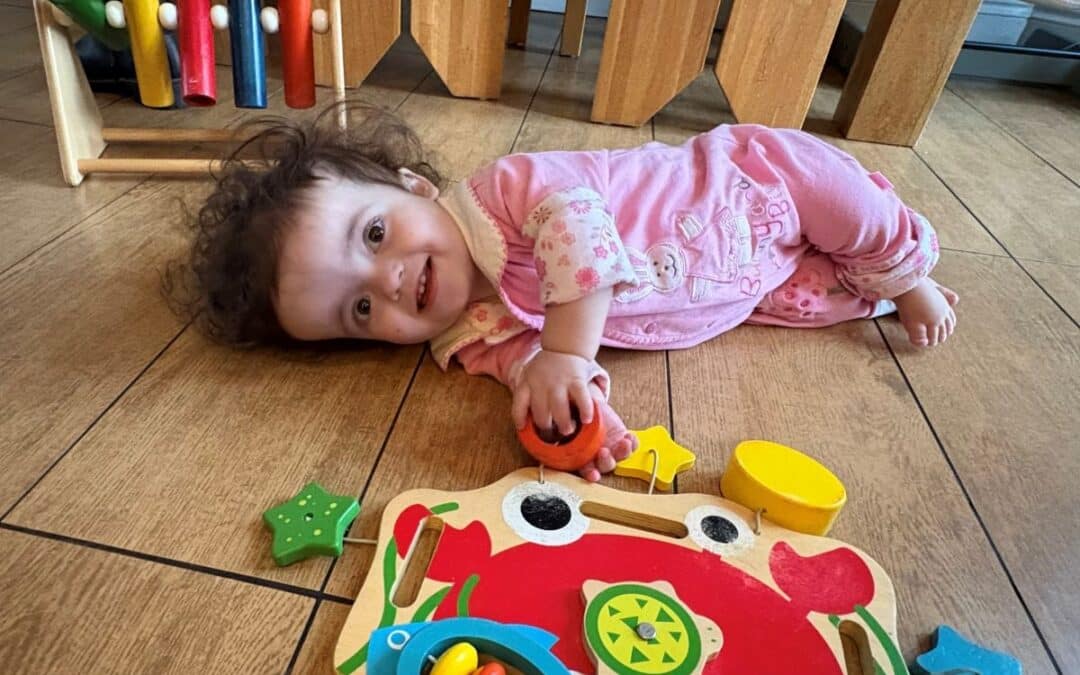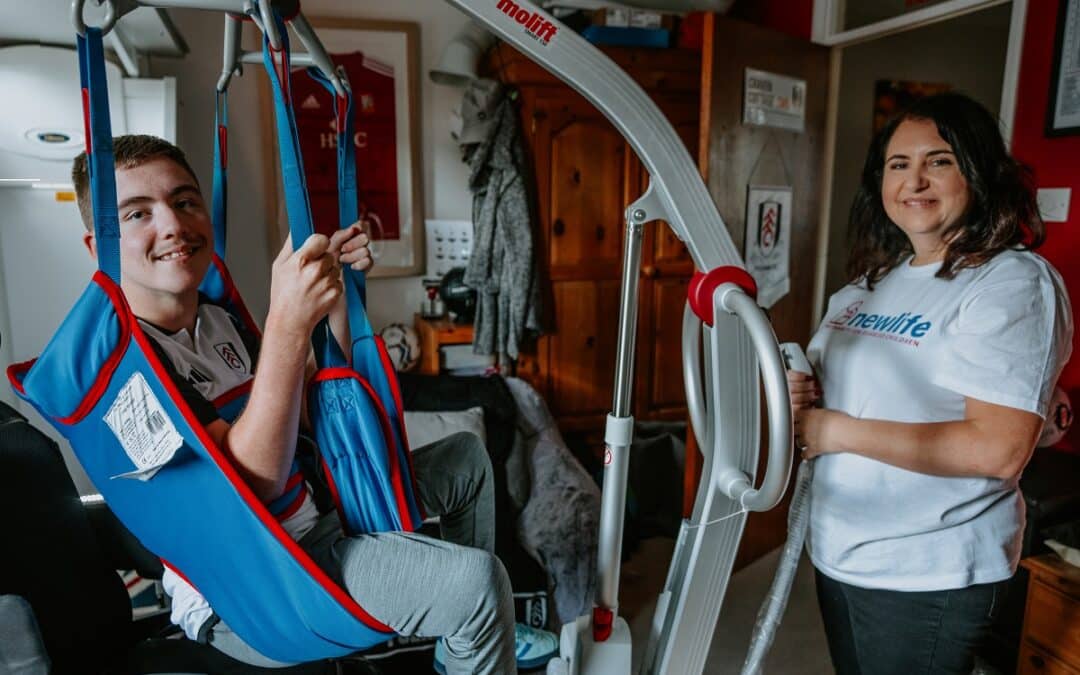
Parents and carers of children who have disabilities spend years fighting for everything they need, from getting the right diagnosis and equipment they need for everyday life to essential services, all so they can live the best life possible. But eventually, they get older. So, what happens then?
As always, when protecting children with disabilities, planning and preparation is key.
If you are the parent or carer of a disabled child, you should begin planning for their transition to adult services long before they turn 18 – in fact experts suggest 14 is the age you start planning for their adult future.
You can begin by requesting needs assessments from your local council which can help your child receive adult care and support services, and look at applying for any benefits your child may be entitled to. You should also include a carer’s assessment for yourself if you are a carer for them, as you may be eligible for support and financial benefits.
You can also create a plan for your child’s future healthcare by working with your child’s current healthcare teams to ensure a smooth transition to adult health services. This might involve joint meetings with the new adult teams.
For any further education, work with your child’s educational institutions – and if your child plans to attend college or university, contact the institutions to learn about the support they offer.
If your child has capacity, encourage their independence while understanding their rights and responsibilities under the law, such as the Mental Capacity Act, which is a UK law that provides a legal framework for making decisions on behalf of adults who lack the mental capacity to make decisions for themselves. It assumes everyone has mental capacity unless proven otherwise and includes principles like supporting individuals to make their own decisions and acting in their best interests. The MCA covers major decisions, from healthcare and personal care to property and affairs.
You can also promote further independence by encouraging your child to become more involved in decision-making, especially if they have the capacity to do so.
When your child has turned 18 you can begin finalising assessments. This may include:
- Needs Assessment
Ensure the adult needs assessment is completed by the local authority. Both you and your child should have the opportunity to review the assessment and its resulting care and support plan.
- Review financial assessments
You should be aware that a financial assessment will likely follow to determine if your child needs to contribute to the cost of their support.
- Legal rights
You should review your legal rights and understand that, by law, your child has the right to make their own decisions as an adult, regardless of their disability. You can remain involved if your child wishes.
- Consider legal documents
You might want to look into a legal arrangement such as a Lasting Power of Attorney or Court of Protection applications for decision-making about health, welfare, or finances if your child cannot make certain decisions for themselves.
- Advocacy
It’s important that your child has access to an advocate who can support them in having their voice heard.
- Seek local support
Your local authority should provide a named person, such as a social worker or transition coordinator, who can help you navigate your child’s transition to adult services.
- Find emotional support
It is important to find support for yourself as well, as this is a period of significant change. Newlife Nurses can support where possible and signpost to other services if necessary.




